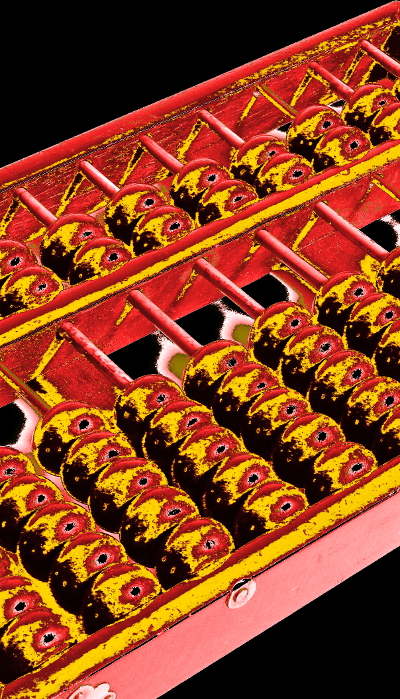Government charging ahead to take choices
 The Federal Government has been accused of storming ahead on plans to impose strict restrictions on Indigenous welfare recipients, by way of a cashless welfare card.
The Federal Government has been accused of storming ahead on plans to impose strict restrictions on Indigenous welfare recipients, by way of a cashless welfare card.
The program puts aside 80 per cent of a welfare recipient’s payments onto a card that cannot be used to buy alcohol, gamble or withdraw cash from an ATM.
Proponents of the card appear to believe that recipients will not be able create their own markets and thwart the attempt to restrain their choices.
A bill paving the way for the introduction of the cards passed in a late-night Senate session this week.
Greens community services spokesperson Rachel Siewert says there are still plenty of unanswered questions about the Healthy Welfare Card.
“I don't think it should have been rushed through the Senate at this stage when they don't have the answers to these questions around the practicalities of how this card will operate,” she told the ABC.
“It's going to be more expensive for someone on income support to use this card if the merchant fees apply.
“When you're on income support, every dollar counts. So that's an extra cost that somebody on income support is going to have to bear.”
The cards were trialled for a few weeks at a single site earlier this year; the South Australian town of Ceduna.
Ceduna mayor Allan Suter says the trial of the card – which almost solely involved Aboriginal welfare recipients - was a groundbreaking move that could save lives by combating alcohol problems.
“It probably wasn't an easy decision for some MPs because of the fact that it does restrict some people's rights, so it's a very courageous and landmark decision and one which will help a lot of people I believe — which may well be rolled out in further towns,” he told reporters.
“We've seen too many people die young — we don't want to see that again — so hopefully this will be successful and guarantee that we don't face those sorts of issues on a regular basis.
The bill passed unamended, with the backing of the Labor Party and seven of the eight crossbenchers.
The Federal Government is reportedly pushing for a second trial in Western Australia's Kimberley region.







 Print
Print